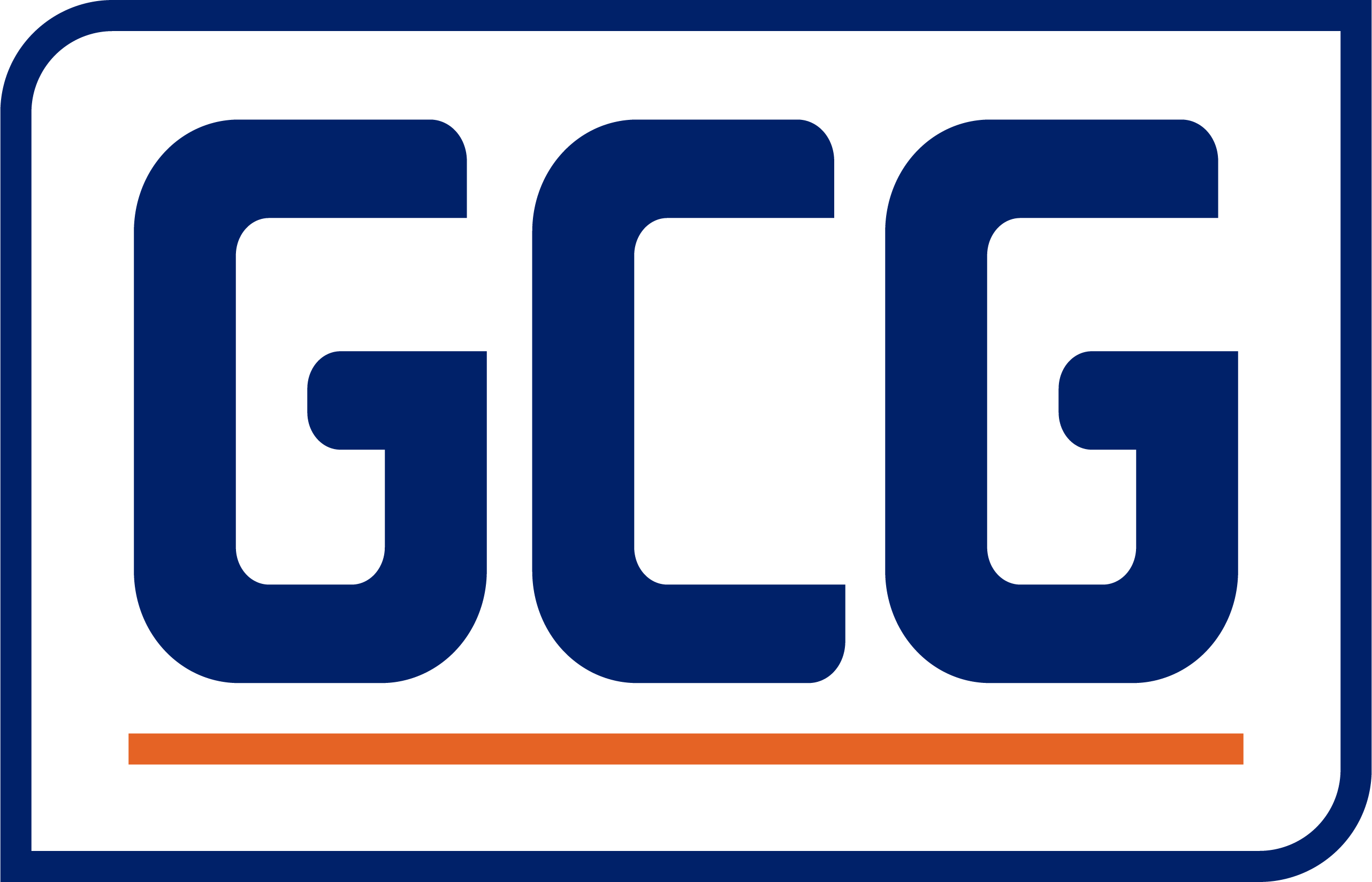Selecting the right framing system is critical for efficiency, cost-effectiveness, and durability in industrial applications. Traditional steel framing has been the standard for decades, but 80/20 T-slot aluminum has emerged as a versatile alternative. Known for its modularity and ease of assembly, 80/20 offers a reconfigurable option that is both strong and lightweight—comparable in strength to A36 carbon steel.
80/20 provides a modular T-slot aluminum building system for a range of applications, from machine guarding and robotic enclosures to ergonomic workstations and automation fixtures. In this article, we compare 80/20 aluminum to steel framing to help you determine the best solution for your next project.
What is 80/20 Aluminum T-Slot Framing?
80/20 aluminum framing utilizes a T-slot extrusion system, allowing for customizable and scalable structures. Often referred to as an "erector set" for industrial applications, 80/20 enables engineers and designers to build, modify, and expand their projects with total ease.
Common Applications:
- Machine guarding and safety enclosures
- Workstations and automation fixtures
- Material handling systems
- Displays and modular structures
Key Advantages:
- Modular & Flexible – Easily reconfigured without cutting, welding, or drilling.
- Lightweight & Strong – Weighs significantly less than steel while maintaining structural integrity.
- Corrosion-Resistant – No need for painting or additional coatings.
- Fast Assembly – Requires only basic hand tools, reducing labor costs and installation time.
What is Steel Framing?
Steel framing is a well-established solution known for its rigidity and load-bearing capabilities. While it provides a strong and permanent structure, most modifications usually require fabrication and machining.
Common Applications:
- Heavy-duty machine frames
- Fixed industrial structures
- Load-bearing platforms and conveyors
Key Considerations:
- High Strength & Rigidity – Suitable for applications requiring minimal deflection.
- Requires Fabrication – Cutting, welding, and painting add to labor and maintenance costs.
- Corrosion Susceptibility – Requires protective coatings to prevent rust.
- Heavy & Permanent – Not easily reconfigured once installed.
Steel Framing vs 80/20 Comparison
| Factor | 80/20 Aluminum T-Slot | Steel Framing |
| Load Capacity | Yield strength of 35,000 psi; comparable to A36 carbon steel (36,000 psi) | High load-bearing capability |
| Weight | Weighs 1/3 less than steel | Heavy, requiring additional structural support |
| Assembly | No welding or machining; easily reconfigurable | Requires welding, cutting, and machining |
| Corrosion | Naturally corrosion-resistant | Requires primer or paint |
| Cost | Typically 25% lower in cost than steel | Higher material and labor costs |
| Reusability | Can be repurposed or modified | Permanent and difficult to alter |
When to Choose 80/20 Aluminum
Companies that require modularity and adaptability benefit the most from 80/20 aluminum framing. It is an excellent choice for machine guarding and safety cells, since it can be easily customized to meet safety regulations. Ergonomic workstations also take advantage of the adjustable design, allowing businesses to tailor their setups to the needs of their workforce. 80/20 aluminum is ideal for automation and robotics applications, providing strong yet lightweight support for robotic arms and conveyors.
When to Choose Steel
For applications that demand maximum rigidity and load-bearing capacity, steel remains the preferred choice. It is ideal for heavy-duty equipment support, providing structures with zero flex even under extreme loads. Steel is well-suited for fixed industrial installations where permanent frameworks are required and modifications aren’t as important.
Customer Success Story: GCG recently helped a customer convert to 80/20. This manufacturer previously relied on steel for equipment frames supporting pumps, motors, and electrical enclosures. GCG created an 80/20 prototype that was able to withstand the weight as well as cut their assembly time in half. This was a significant cost savings as well, since these frames can now come in ready to use or in kit form, depending on the customer’s time requirements.
Common Misconceptions & FAQs
Is aluminum strong enough for industrial applications? Yes! 80/20 aluminum has a yield strength comparable to A36 carbon steel, making it suitable for many applications.
Can 80/20 integrate with steel components? Yes. 80/20’s unique T-slot system allows for attachment to steel frames with minor machining adjustments.
How does total cost compare over time? 80/20 aluminum offers lower overall costs overall due to reduced labor, faster installation, and the ability to repurpose materials.
Final Recommendations
Both 80/20 aluminum and steel framing offer unique advantages. But if you need a modular, lightweight, and cost-effective solution, 80/20 is the ideal choice. As the nation’s largest 80/20 distributor, we provide expert guidance on material selection and design support. Send us your design today and get a quote.
Further Reading:


